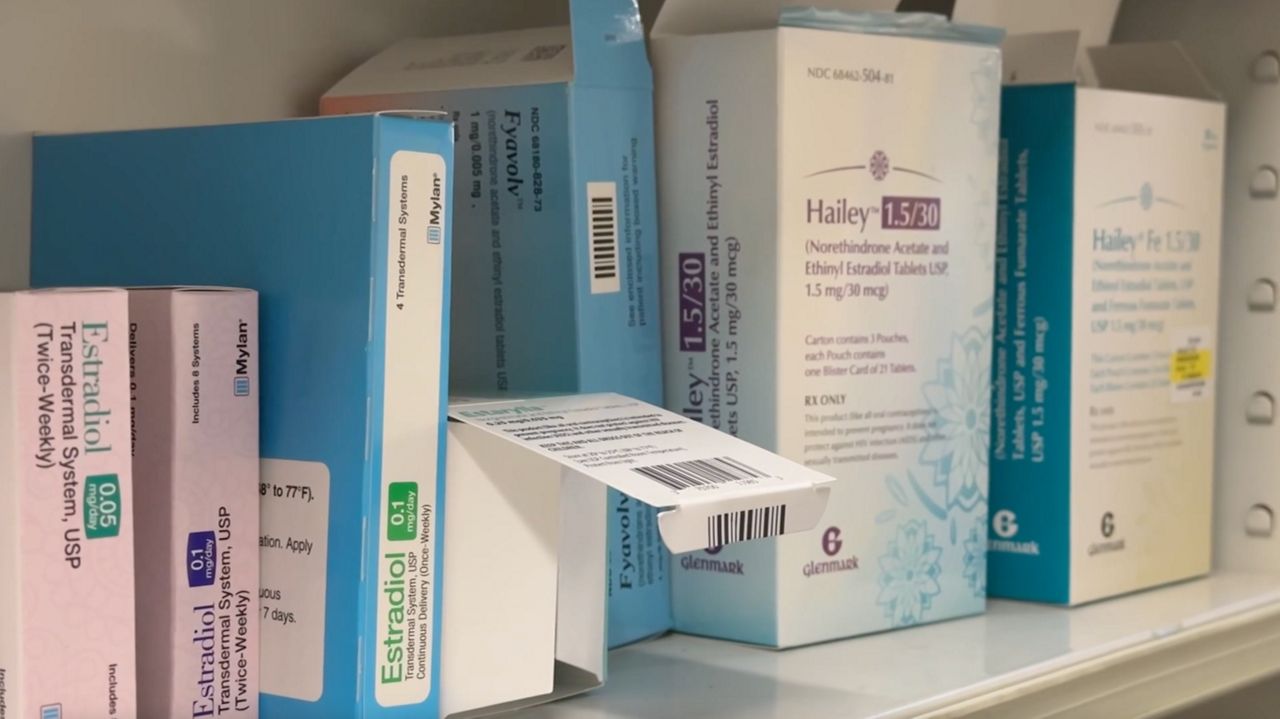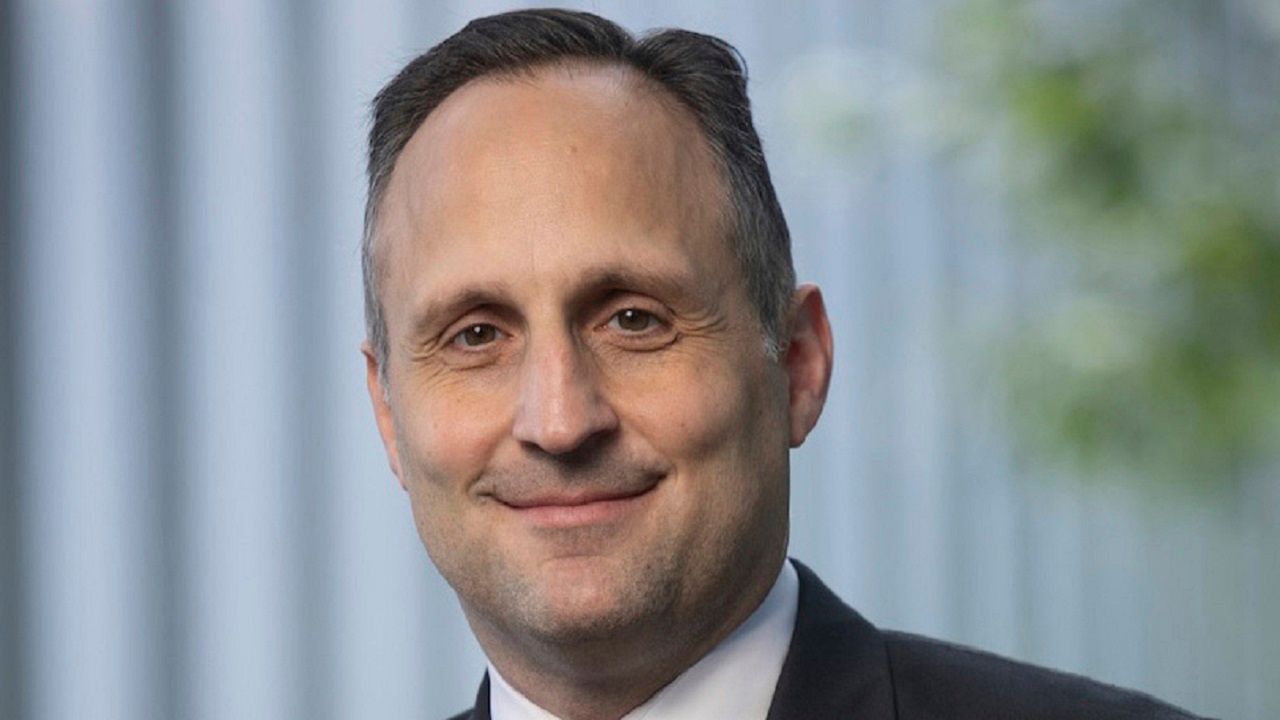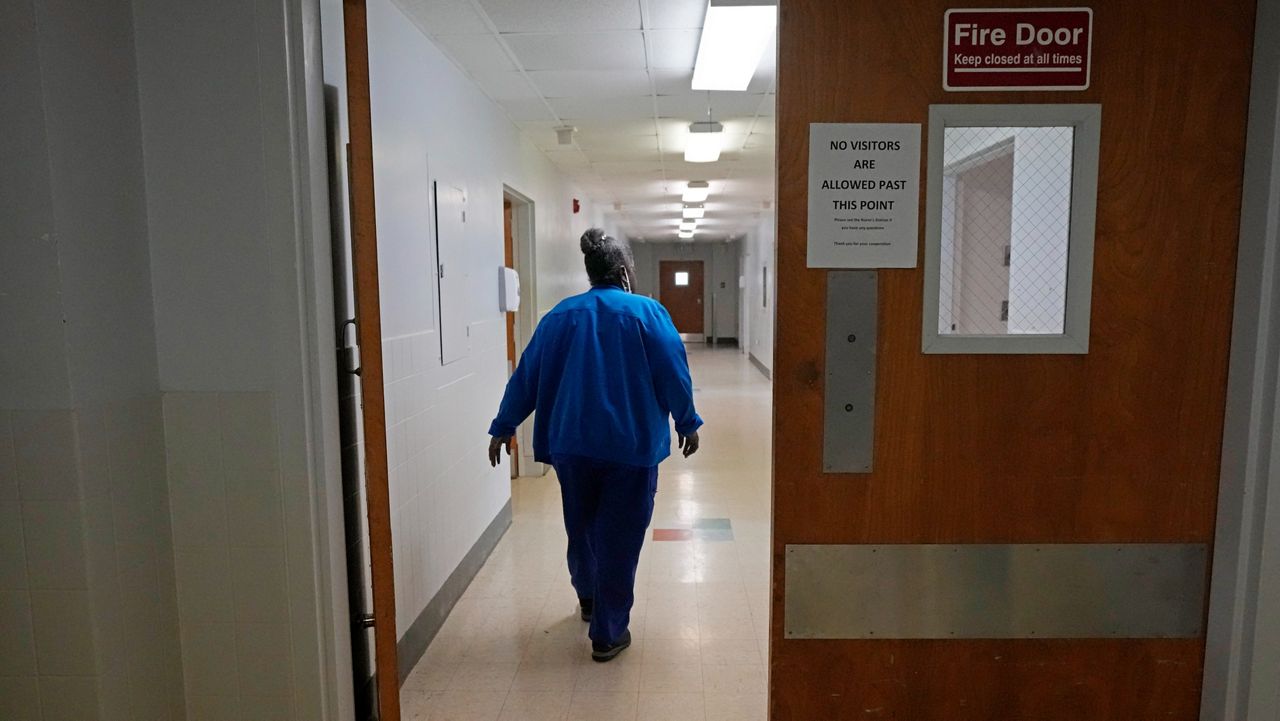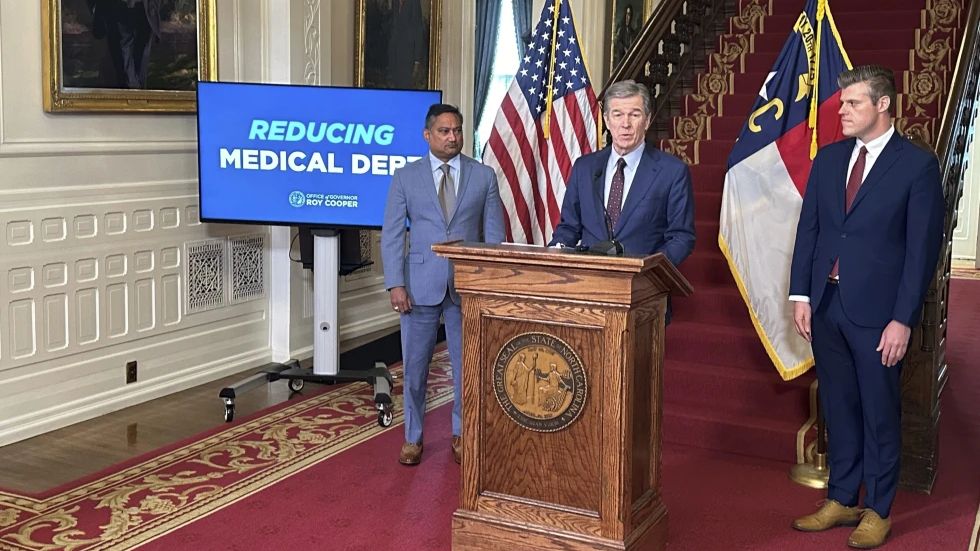RALEIGH, N.C. (AP) — More than 600,000 people have enrolled in North Carolina's new Medicaid coverage for low-income adults about a year after the program's expansion, reaching the state's enrollment goal for the program in about half the time that was originally projected, the governor's office announced on Monday.
Democratic Gov. Roy Cooper, a vocal advocate for Medicaid expansion throughout his two terms in office, called the enrollment numbers a "monumental achievement."
"From day one, we set out to get people covered and get them care. Now, more than 600,000 people have the peace of mind that they can go to the doctor, get needed medications and manage their chronic health conditions — that's life-changing," Cooper said in a statement.
Cooper will leave office at the end of the year because of term limits.
Despite opposition in the GOP-controlled General Assembly for several years, Medicaid expansion in North Carolina passed with bipartisan support last year after Congress offered states more financial incentives to join the program. The federal government foots 90% of the expansion costs under the program.
In just the first few weeks of the program's rollout, the state had 300,000 North Carolinians — half of its goal — enroll in Medicaid expansion. North Carolina is part of a handful of Southern states that now participate in the program.
More than a third of expansion enrollees come from rural communities, according to Cooper's office. About 4.1 million prescriptions related to heart health, diabetes and other diseases have been filled so far because of the new coverage, the governor's office said.



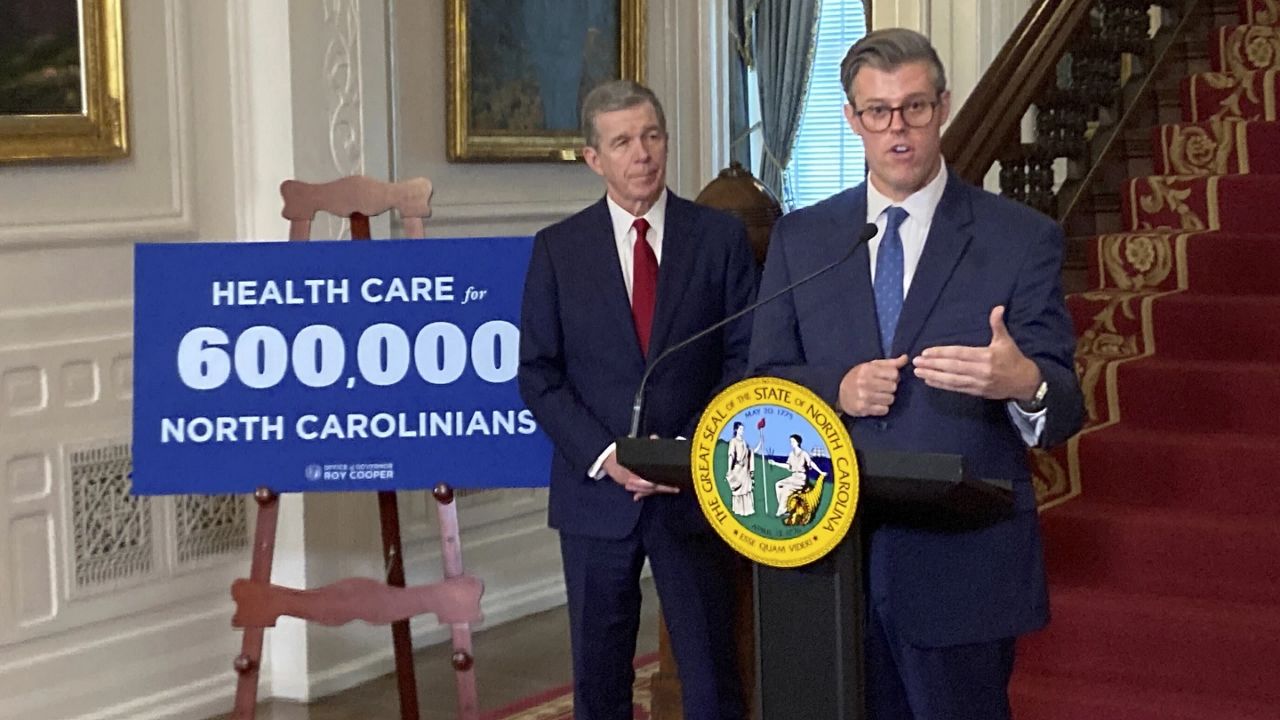
)
